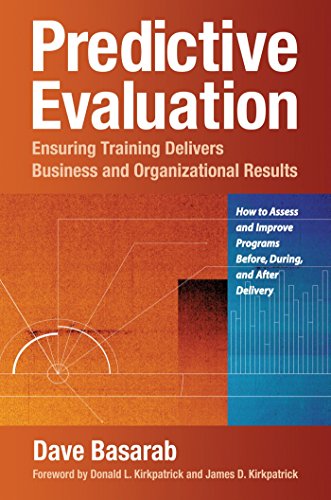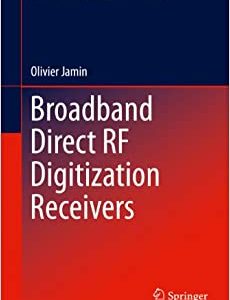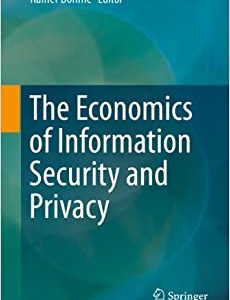This work supports a process called Predictive Evaluation (PE) which enables practitioners to provide executives with compelling training data around the success of training in the three areas of Intention, Adoption, and Impact. PEalso works to determine whether success has been achieved, and provides lead indicators of future adoption (transfer of learning) along with recommendations for continuous improvement. PE provides measurement dashboard along with tactics for improving results. Predicting, the core operational concept in this approach, is a ?before-the-fact? method which allows key decision makers to select the best training programs to support company strategy and operating plans. Another way to think about this model is: Predicting is before-the-fact to decide if to train. Evaluating is after-the-fact measurement against the predictions. There are four ways that the PE approach differs from other models in the field, namely: 1. Whereas traditional approaches focus on costs and numbers, not on forecasting financial return, PE focuses on the predicted impact and its value-add to the organization. 2. Whereas traditional approaches view evaluation as after-the-fact with no measures of success, PE employs repeated measures that mirror employees? path to improved performance with predicted ?success gates?. 3. Whereas ROI and/or Cost-Benefit evaluations traditionally rely on subjective estimates, PE provides concrete, business-focused and evidence-based data on return on investment and does not use statistical averages based on subjective estimates of improved performance or productivity. 4. Whereas existing approaches work on an after-the-fact basis with one-off programs, PE offers a determined prediction of the extent of transfer and impact and works well with programs that have repeated deliveries over a period of time. Lacking the information that PE provides, decision makers could fail to support those training programs that have the greatest potential for producing significant value to the company. When decision makers decide to spend large sums of money on training, they seek to evaluate their options as they evaluate other large investments ? that is so on the basis on financial returns to the company. This work shows those decision makers how to accurately determine the potential ROI on such training programs before committing to the
Additional ISBNs
CSM19781605098241
Predictive Evaluation Ebook
By: Basarab, David
Publisher:
Berrett-Koehler Publishers
Print ISBN: 9781605098241, 1605098248
eText ISBN: CSM19781605098241
Edition: 1st
Copyright year: 2010
Format: PDF
Available from $ 31.44 USD
SKU: CSM19781605098241R90
? Downloaded copy on your device does not expire..











